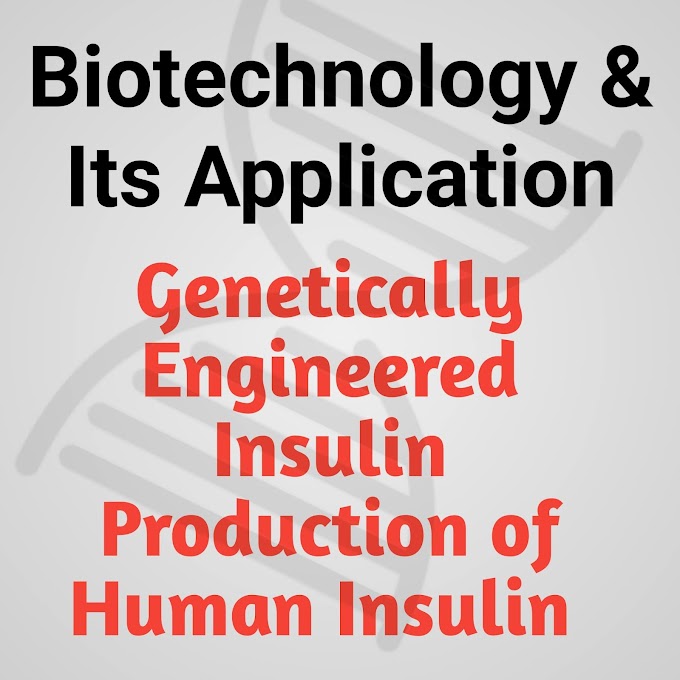STD-12 UNIT-6 CHA-3
HUMAN REPRODUCTION
HUMAN MALE REPRODUCTION SYSTEM - SCROTUM & TESTES
It consists of the following parts :
- Scrotum .
- It is a pouch of deeply pigmented skin divided into two separate sacs .
- Each sac contains one testis .
- The normal temperature of the testes in the scrotum is about 20–2.5 ° C lower than the internal body temperature .
- This temperature is the ideal temperature for developing sperms .
- When the body is chilled , the smooth muscle contracts and brings the testes closer to the pelvic cavity .
- When the temperature drops movement towards the pelvic cavity allows the testes to absorb heat from the rest of the body so that the sperm cells do not become chilled .
- The scrotum remains connected with the abdomen or pelvic cavity by the inguinal canals .
- The spermatic cord , formed from the spermatic artery , vein and nerve bound together with connective tissue passes into the testis through inguinal canal .
- Testes .
- Testes are primary sex organs in man .
- During early foetal life the testes develop in me abdominal cavity but during the 7th month of the development they descendinto the scrotum through inguinal canals .
- There is a pair of testes that are suspended in the scrotum by the spermatic cords .
- A fibrous cord that extends from the caudal end of the testis to the scrotal wall is called gubernaculum .
- Each testis is oval in shape with a length of about 4 to 5 cm and a width of about 2 to 3 cm .
- The peritoneum , called mesorchium supports the testis . section of mammalian
- ( i ) Protective Coverings ( Tunicae ) .
- The testis is surrounded by three layers .
- ( a ) The tunica vaginalis is the outer covering of the tes tis .
- ( b ) The tunica albuginea is a fibrous cov ering surrounding the testis situated under the tunica vaginalis .
- ( c ) The tunica vasculosa consists of a net work of capillaries supported by delicate con nective tissue which lines the tunica albuginea.
- ( ii ) Testicular Lob ules .
- Each testis has about 250 compartments called testicular lobules .
- ( iii ) Seminiferous Tubules .
- Each testicular lobule of testis contains one to three highly coiled seminiferous tubules .
- Wall of each se miniferous tubule is formed of a single layered germi nal epithelium Majority of cells in this epithelium are cuboidal called male germ cells ( spermatogo nia ) and at certain places , there are present tall sertoli or sustentacular cells .
- These cells support devel oping germ cells and povide them with nutrition cpecially spermatids .
- Sertoli cells secrete androgen binding protein ( ABP ) that concentrates testosterone in the seminiferous tubules .
- Sertoli cells also secrete another protein called inhibin which suppresses FSH synthesis .
- The cuboidal cells undergo mitosis to produce spermatogonia . Spermatogonia grow into primary spermatocytes which undergo meiosis, producing haploid cells , first secondary spermatocytes and then spermatids .
- The latter convert into spermatozoa ( sperms ) .
- Sertoli cells provide nutrition to the developing sperms .
- ( iv ) Interstitial Cells or Leydig's Cells ( Endocrine portion of the testis ) .
- In between the seminiferous tubules in the connective tissue , there are present small groups of rounded interstitial or Leydig's cells which secrete androgens ( e.g. , testosterone ) , i.e. , male sex hormones .
- ( v ) Rete testis and vasa efferentia .
- The seminiferous tubules are closed at one end but on the other side they join to a network the rete testis from where fine ciliated ductules . the vasa efferentia arise .
- Thus testes perform two functions , production of sperms and secretion of male sex hormones .











Please do not enter any spam link or word in the comment box